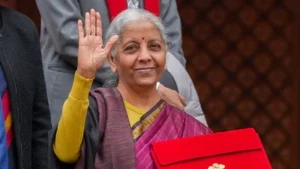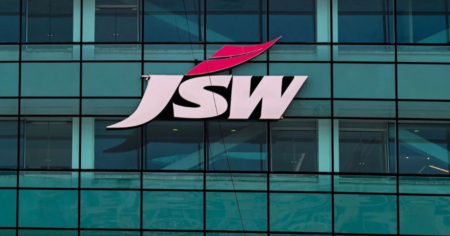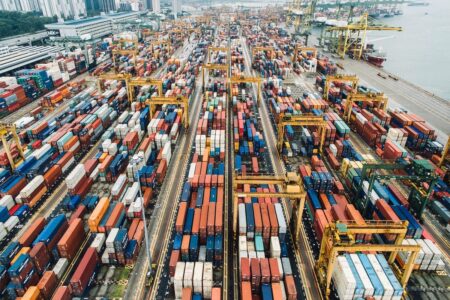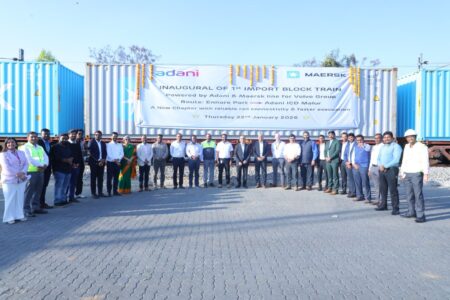Apeksha Gupta, Research Scholar, Head of Academics, Cargomen Logistics, analyses the 2024 Interim Budget, emphasising enhanced infrastructure, technology, and sustainability, aligning with the vision of a developed ‘Viksit Bharat’ by 2047.
The 2024 Interim Budget allocates ₹11,11,111 crore, constituting 3.4 percent of GDP, to logistics and infrastructure. This marks an 11.1 percent increase to enhance ongoing programs addressing last-mile congestion, reducing logistic costs, and aligning with Vision 2047’s growth projections, aiming to propel the industry from $250 billion to $380 billion by 2025.
For railway cargo, three major economic corridors receive attention, along with an upgrade of 40,000 rail bogies to Vande Bharat standards. The PM Gati Shakti initiative emphasises multi-modal connectivity, aligning with the National Logistics Policy’s goal to reduce costs globally from 14–18 percent to 8 percent.
Road Cargo sees an allocation of ₹2,78,000 crore, a 2.7 percent increase, supporting connectivity and infrastructure projects. Private sector participation is encouraged through build-operate-transfer models, with 54 road projects worth over ₹2.2 lakh crore set for bidding.
The air cargo sector emphasises aviation growth, with plans for 100 additional airports by 2024. Increased customs duties on imported aircraft components aim to boost domestic production. Sea Cargo focuses on improving port connectivity corridors, benefiting the maritime sector.
Technology and innovation receive attention, with allocations aimed at promoting real-time tracking, efficient inventory management, and secure supply chains. Warehousing is supported with ₹1.5 lakh crore for the Agriculture Infrastructure Fund, enhancing storage capabilities through the National Warehousing Grid, and offering tax relief on last-mile services and incentives for warehousing.
Sustainability efforts include ₹1.5 lakh crore for the Agriculture Infrastructure Fund, targeting a reduction in food waste and the carbon footprint. The National Green Hydrogen Mission, with a budget of ₹19,700 crores, aims to establish India as a leader in green hydrogen production. Mandates for biogas blending with CNG and support for the EV industry through tax exemptions and incentives contribute to environmental goals.
The perspectives of industry veterans on the implications will be explored in the following pages, offering valuable insights into the potential effects of these measures on the logistics landscape.

Vipin Vohra
Chairman, Continental CarriersThe government’s budget emphasises strategic initiatives for economic growth, streamlining import processes. Advocating off-airport bonded warehouses and tariff rationalisation aligns with PM Gati Shakti’s promise of global trade transformation. The India-Middle East-Europe Economic Corridor, coupled with improved cargo handling, marks a significant stride. The focus on Tier 2 and Tier 3 cities underscores the need for government-backed off-airport cargo handling warehouses, ensuring seamless logistics. Proposals for Air Freight Stations highlight the advantages of alleviating congestion. Rationalising cargo handling tariffs and simplifying norms anticipate reduced logistics costs. Praising the Economic Corridor envisions decreased expenses and transit times, aligning with national plans. Recommendations for off-airport cargo handling warehouses at industrial hubs, with government incentives, aim to expedite movement, fostering a highly efficient logistics ecosystem.

CK Govil
President, ACAAI; Managing Director, Activair AirfreightA growth- and job-oriented budget aims to propel India towards achieving developed country status by 2047 during the Amritkaal period. The interim budget reflects the confidence of continuity, which will empower all four pillars of Viksit Bharat: Yuva, Garib, Mahila, and Kisan. In addition to building the modern infrastructure of the 21st century, the budget proposes to provide innumerable job opportunities for the youth of India.
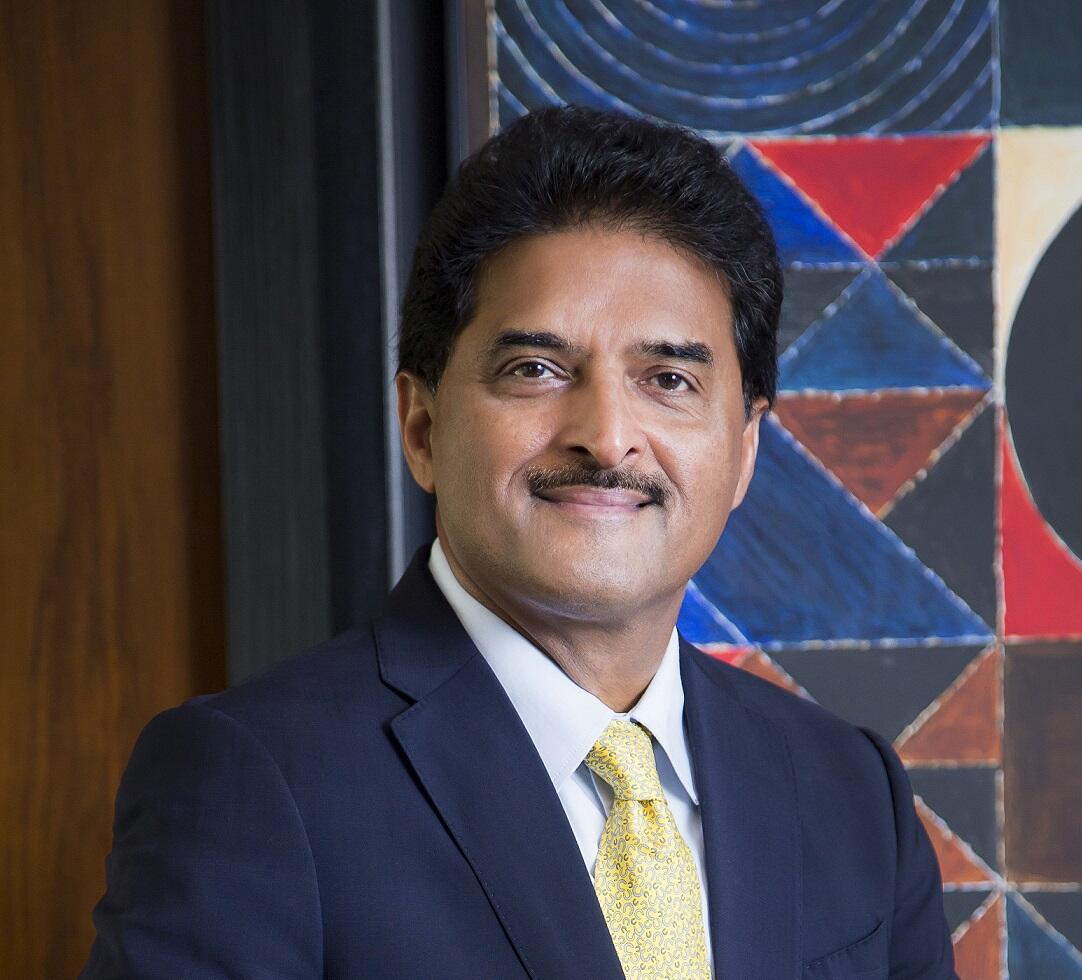
Shashi Kiran Shetty
Founder & Chairman, Allcargo GroupThe budget is a visionary roadmap for Viksit Bharat, emphasising robust and inclusive development with a green focus. Prioritising environmental sustainability propels India towards accelerated growth and a renewable energy transition. The allocation for 1 GW of offshore wind energy fosters a diverse and resilient energy portfolio. With a keen eye on global competitiveness, the budget emphasises resource-efficient, sustainable economic growth. For the logistics sector, the emphasis on an electric vehicle ecosystem and infrastructure development aligns with sustainability goals. The continued capex boost supports the evolution of a globally competitive multimodal logistics system, crucial for India’s manufacturing hub ambitions. The focus on port connectivity and decongesting corridors ensures a new era of logistics efficiency. Overall, it’s a growth-centric budget, addressing key facets of India’s development journey.

Yashpal Sharma
President, ACFI; Managing Director, Skyways GroupThe 2024 interim budget maintains the government’s reform agenda, emphasising policy continuity and fiscal consolidation. Notably, a commendable 11.1 percent increase in infrastructure at Capex promises substantial investments in roads, airports, and ports, benefiting air cargo and logistics. The introduction of three new rail corridors is poised to enhance surface movement efficiency and alleviate road congestion. With the Finance Minister and Prime Minister projecting a Golden Era for India’s economy, the nation is anticipated to become the third-largest economy by 2027, reaching USD 7 trillion by 2030 or sooner. The air cargo and logistics industry looks forward to positive developments after the upcoming general elections.

Vineet Malhotra
Co-Founder & Director, Kale Logistics SolutionsThe Finance Minister’s address marks a pivotal moment for the logistics sector. The focus on port connectivity, railway integration, and technology, with allocated funds for deep-tech innovation, signals a rapid reduction in logistics costs and carbon emissions. This is particularly encouraging for industry players like Kale, fostering confidence and innovation. The sector’s adept use of technology in addressing global supply chain challenges is set to surge with this budget’s support. Anticipating the rise of unicorns in India’s logistics, the budget’s commitment to the UDAN mission for airport development in Tier 2 and Tier 3 cities strategically boosts the air cargo sector. Overall, the budget holds immense promise, offering a prosperous trajectory if timelines are adhered to.

Israr Ahmed
President (Officiate), FIEOThe budget strategically prioritises India’s growth with modern infrastructure, a digital focus, and inclusive opportunities. The Interim Budget, not perceived as populist, envisions people-centric development, tax base expansion, and financial sector strengthening. FIEO welcomes the ₹1 lakh crore for R&D, fostering private sector innovation. The 11.1 lakh crore capital expenditure is set to impact markets, boosting projects and business opportunities. Investments in logistics, improved railway cargo handling, and extended startup tax benefits simplify trade operations. These expenditures aim to accelerate development and stimulate production, particularly in manufacturing. Increased PLI, semiconductor, solar power, and Green Hydrogen Mission allocations are welcomed, stressing the need for accessible credit. Support for a global shipping line and higher MAI scheme allocation targets a USD 2 trillion export goal, fostering prosperity in Bharat.
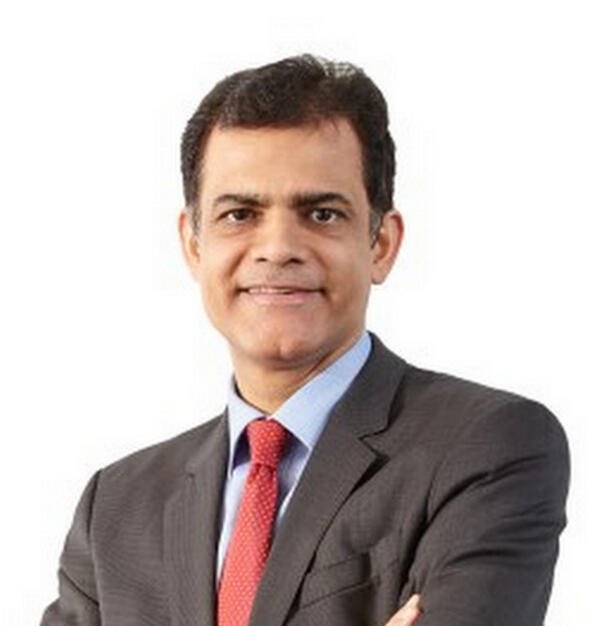
Anuj Puri
Chairman, ANAROCK GroupThe Interim Budget 2024 refrained from big-bang announcements for real estate but maintained a focus on infrastructure upgrades and nationwide connectivity. The increased Capex outlay by 11.1 percent to INR 11,11,111 lakh crore, supporting various infrastructure projects, is poised to unlock real estate development potential. Initiatives like the PM Awas Yojana and schemes for the middle class indicate indirect benefits, fostering growth in both urban and Tier 2/Tier 3 cities. However, unmet expectations include the absence of industry status, anticipated tax benefits for homebuyers, and increased allocations for affordable housing schemes. While the interim budget falls short of direct measures, expectations remain for potential industry-focused actions in the upcoming Union Budget.
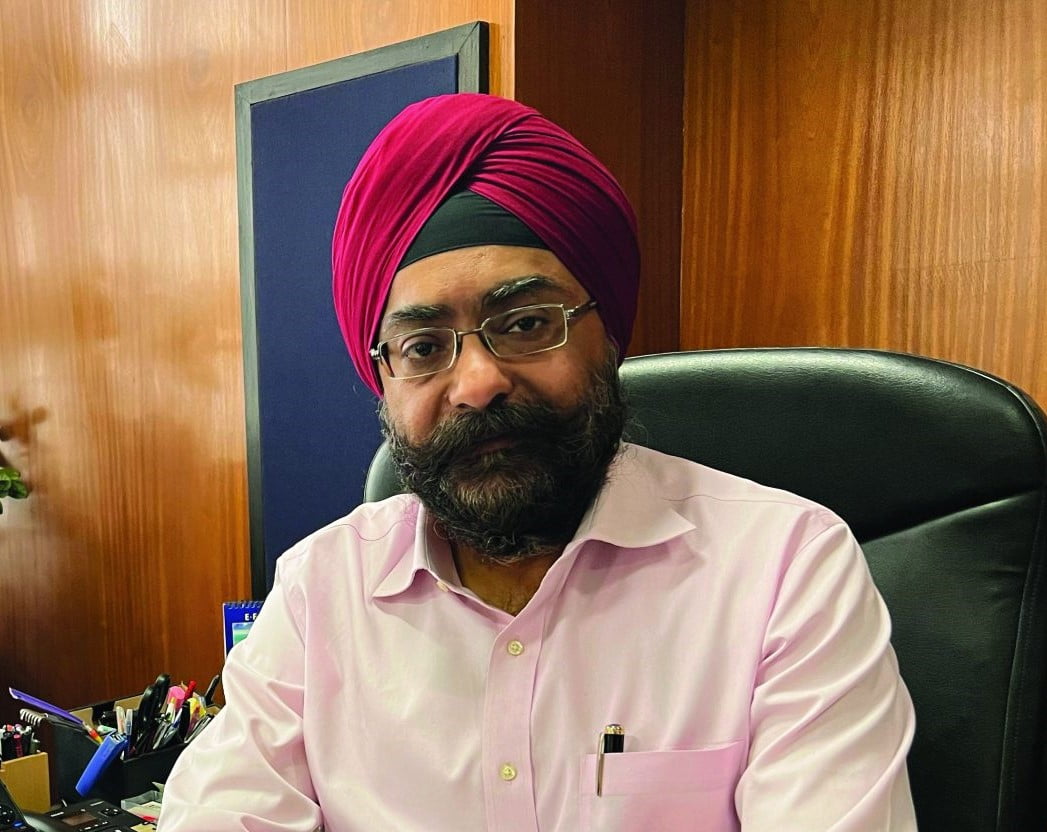
Harpreet Singh Malhotra
Chairman & Managing Director, Tiger LogisticsThe interim budget presents a promising continuation of the goal of a Viksit Bharat (Developed India). From a logistics standpoint, the government’s emphasis on bolstering digital public infrastructure, exemplified by initiatives like ULIP, sets a solid foundation for the transformation of this industry. The execution of three pivotal economic railway corridor programs, which also include the Port Connectivity Corridors, promises to foster multimodal connectivity, thereby catalysing a pivotal transformation within the logistics sector, along with progress on Dedicated Freight Corridors. Moreover, the rapid development of new airports is poised to substantially influence India’s Air Cargo market, facilitating exponential growth.

Amit Maheshwari
CEO, Softlink GlobalThe Indian government’s interim budget for 2024–2025 introduces commendable initiatives. The emphasis on logistics and intermodal transportation, particularly the PM Gati Shakti plan with three economic railway corridors, promises transformative gains in efficiency and cost reduction. The establishment of a one lakh crore rupee corpus for interest-free loans for innovation empowers the private sector, aligning with our commitment to cutting-edge technology in logistics. Additionally, the government’s focus on green growth through bio-manufacturing and bio-foundry aligns with global environmental responsibility trends, which are crucial for the logistics and supply chain sectors. Collectively, these initiatives mark significant advancements in technology, logistics, and sustainability, contributing to a more efficient and eco-friendly future in India’s logistics landscape.

Vineet Agarwal
MD, TCI (Transport Corporation of India)We applaud the government’s budget alignment with TCI’s multimodal investments, encompassing ships, AFTO trains, EV adoption, and Middle East expansion. PM Gati Shakti’s emphasis on rail corridors, in sync with the National Rail Plan, promises accelerated freight movement, aiming to reduce logistics costs to 12 percent of GDP, supported by an 11.1 percent infrastructure budget increase. India’s decade-long improvements in logistics, seen in increased truck speeds and enhanced infrastructure, find resonance in the National Logistics Policy’s second year, emphasising multimodal logistics, digitization, and national standards. The India, Middle East, and Europe Economic Corridor, alongside the focus on EV infrastructure, aligns with TCI’s sustainability commitment. The budget’s strategic investments, aviation sector acknowledgment, and environmental measures echo TCI’s vision for a globally competitive, efficient, and sustainable transportation sector in India.

Varun Gada
Director, LP LogiscienceThe emphasis on further strengthening connectivity and building transport infrastructure in this interim union budget is a significant boost to the existing efforts to reduce logistic costs. The railways and port connectivity will help strengthen domestic supply chains and enable 3PL service providers to offer efficient and sustainable supply chain solutions. The development of airports and connectivity to tier 2 and tier 3 towns will also help drive speed to market for manufacturers across India.

Prasoon Shrivastava
Founder, ZepthThe announcement of the India-Middle East-Europe Economic Corridor (IMEC) in “Budget 2024” is a visionary leap forward. This corridor symbolises not just the enhancement of trade routes but heralds a new era of connectivity and economic synergy across continents. For us at Zepth and for the construction industry at large, IMEC opens up unprecedented opportunities for innovation, collaboration, and growth. It is a testament to India’s forward-thinking approach and its commitment to playing a pivotal role in shaping the global economic landscape. We are excited to align our efforts with this monumental project, contributing to and benefiting from the prosperity and progress it promises. This initiative marks a significant milestone in our journey towards global integration and economic development.
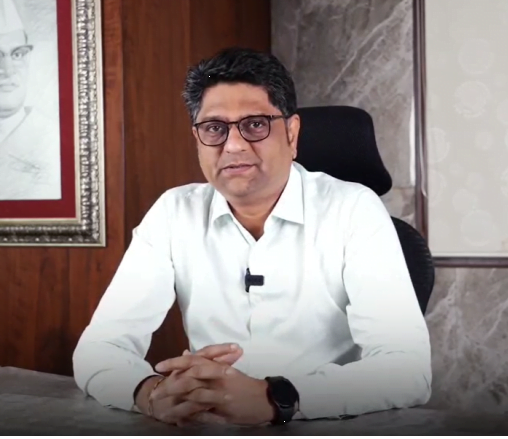
Rajesh Mehta
Executive Director, Liladhar Pasoo GroupThe budget reflects confidence in the government’s ability to sustain power and successful initiatives, prioritising railways, dedicated freight corridors, and port connectivity. Innovations like converting bogies into express trains promise enhanced logistics connectivity, potentially enabling ‘one-day Bharat’ delivery and a nationwide consumption boost. Projects like port connectivity for the Indian Islands enhance multi-modal connectivity, improving logistics efficiency. The India-Middle East-Europe Corridor emerges as a logistics game-changer amid global geopolitical volatility. In summary, this grounded interim budget focuses on India’s growth, benefiting the common man, and embodying “SABKA SAATH SABKA VIKAS: A CONCEPT 10 YEARS BACK IS NOW A CASE STUDY FOR THE WORLD.”

Nishith Rastogi
Founder, and CEO, LocusWe commend the forward-thinking 2024 Union Budget, which resonates with our aspirations for India’s logistics sector. The government’s commitment to a robust 11.1 percent increase in infrastructure spending, around 3.4 percent of GDP, showcases a significant investment in the sector’s future. PM Gati Shakti and the India, Middle East, and Europe Economic Corridor promise to enhance both national and international trade with unparalleled infrastructure support, aligning with our vision of a globally competitive and technologically integrated Indian logistics industry. Notably, the budget’s focus on achieving ‘net-zero’ targets by 2070, coupled with the adoption of electric vehicles and e-buses, reflects a comprehensive strategy for modernising logistics with an emphasis on environmental sustainability. We eagerly anticipate contributing to these transformative developments, reinforcing our commitment to an efficient and environmentally responsible logistics landscape in India.

Sandeep Bansal
Chief Business Officer, Falcon AutotechFollowing the Interim Union Budget presented by the honorable FM, we welcome the commitment to decongest high-traffic corridors. Recognising the transformative impact of the government’s visionary approach with PM Gati Shakti and the heightened focus on multi-modal connectivity, we foresee abundant employment opportunities for youth with technical skills in manufacturing, installation, and maintenance. The proposed rail corridors in the eastern region, coupled with the strategic India-Middle East Europe Economic Corridor and the expansion of EV infrastructure, further solidify a holistic strategy for economic growth and environmental responsibility.

